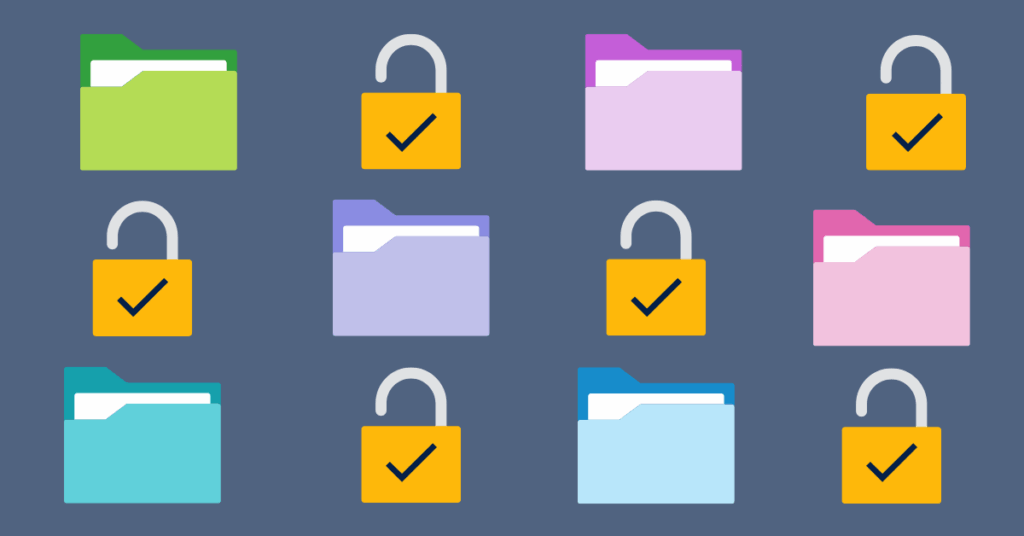On April 30, 2025, the National Institutes of Health (NIH) announced an accelerated implementation date for its updated Public Access Policy, originally released on December 17, 2024. Like the current policy, the 2024 Public Access Policy applies to peer-reviewed journal articles resulting from research funded wholly or partially by the NIH.
The 2024 policy will go into effect for manuscripts accepted on or after July 1, 2025. Its most significant change requires NIH-supported researchers to submit their Author Accepted Manuscripts to PubMed Central upon acceptance for publication. Additionally, these manuscripts must be made publicly available immediately upon the Official Date of Publication, without any embargo period. An embargo period of any length for public access will not be permitted.
Benefits of these changes
Increasing access to NIH-funded publications can accelerate future research, fosters collaboration, and keeps the public informed about the latest advances. These goals also reflect NIH’s commitment to responsibly stewarding the United States’ investment in biomedical research by improving transparency and accessibility of taxpayer-funded research, an essential component of fostering trust in research.
Common questions
Does this policy address data management and sharing?
NIH’s 2023 Data Management and Sharing Policy remains in effect and is not changing as a result of this new policy. The 2024 Public Access Policy applies to peer-reviewed scholarly articles only.
What changes are expected of awardees?
The 2024 Public Access Policy applies to all NIH grants, including those awarded prior to the July 1, 2025 implementation date. The 2008 Public Access Policy remains in effect through June 30, 2025.
Starting July 1, 2025, authors of a peer-reviewed journal articles that resulted from any amount of NIH funding are required to:
- Submit the Author Accepted Manuscript (AAM) to PubMed Central (PMC) upon the date of acceptance so it will be made publicly accessible upon the Official Date of Publication.
- NIH will accept submission of the Final Published Article to PMC from journals or publishers with formal agreements with the National Library of Medicine (NLM).
- The 2024 Policy applies regardless of whether the NIH-funded principal investigator or project director is a co-author.
- When depositing to PMC via the NIH Manuscript Submission system (NIHMS), agree to a standard license that mirrors the Government Use License, explicitly granting NIH the right to make the AAM publicly available through PMC without embargo upon the Official Date of Publication.
- Include an acknowledgment of federal funding in the Author Accepted Manuscript (AAM) and Final Published Article. Details and suggested language for the acknowledgement are provided in a supplemental guidance notice.
Another notice on supplemental guidance on publication costs addresses allowable and unallowable costs.
Terms in the 2024 Policy
- Author Accepted Manuscript – The author’s final version that has been accepted for journal publication and includes all revisions resulting from the peer review process, including all associated tables, graphics, and supplemental material.
- Final Published Article – The journal’s authoritative copy, including journal or publisher copy editing and stylistic edits, and formatting changes, even prior to the compilation of a volume or issue or the assignment of associated metadata.
- Official Date of Publication – The date on which the Final Published Article is first made available in final, edited form, whether in print or electronic (i.e., online) format.
Find more information and get help
The Library’s guide to the NIH Public Access Policy provides complete details about the policy and steps to compliance. This guide will be updated as we learn more about how the changes are being implemented in NIH’s and NLM’s systems.
Contact the Scholarly Communication team with questions or to request a presentation.

